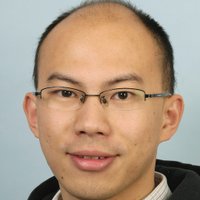
Lei Wang
@wangleiphy
Computational quantum physics ∩ Machine learning. Researcher at Chinese Academy of Sciences
ID: 2431184037
https://wangleiphy.github.io/ 23-03-2014 14:55:17
235 Tweet
979 Followers
1,1K Following

Sasha Rush here is my taxonomy of these methods and some works till 2021 I was tracking
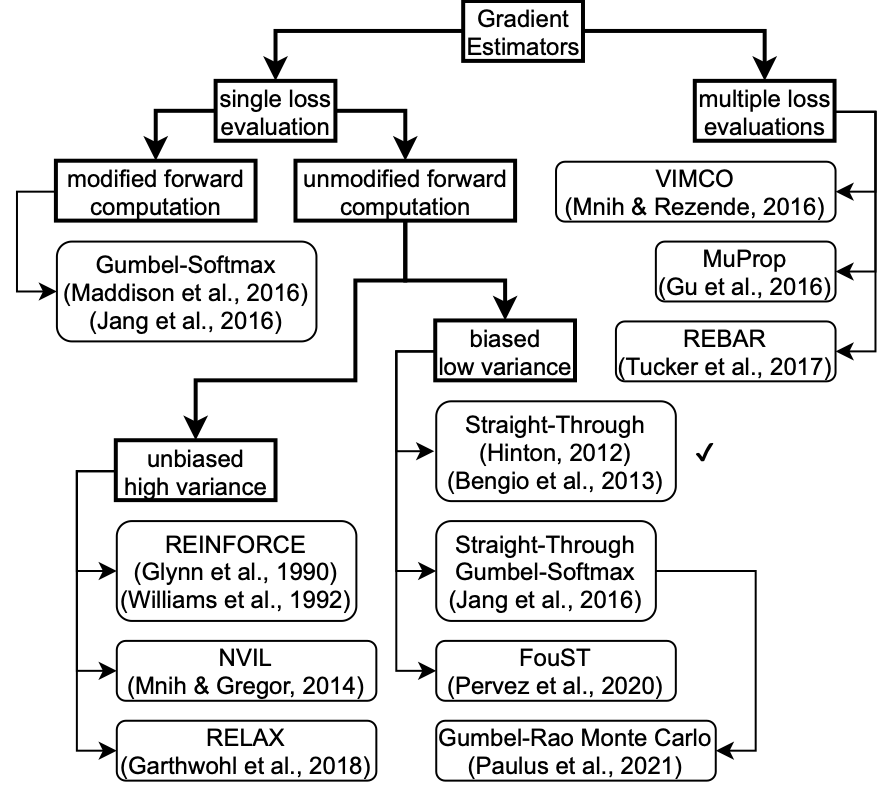



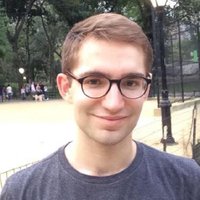


We have a few spots left! Register now at indico.hiskp.uni-bonn.de/event/443/ 14 technical talks 3 keynotes 3 panel discussions 1 poster session and much more... Including speakers like (in random order) pan tom, Jonas Köhler, Michael Albergo, Lei Wang, Lorenz Richter, and many more!
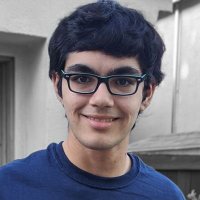
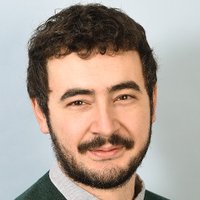



We are launching a new online seminar series: the Asian-Pacific Condensed Matter Physics (AP-CMP) Seminars. asian-pacific-cmp-seminars.github.io The goal is to connect researchers in condensed matter physics across the Asia-Pacific region and beyond. Talks will be in English and open to all.


